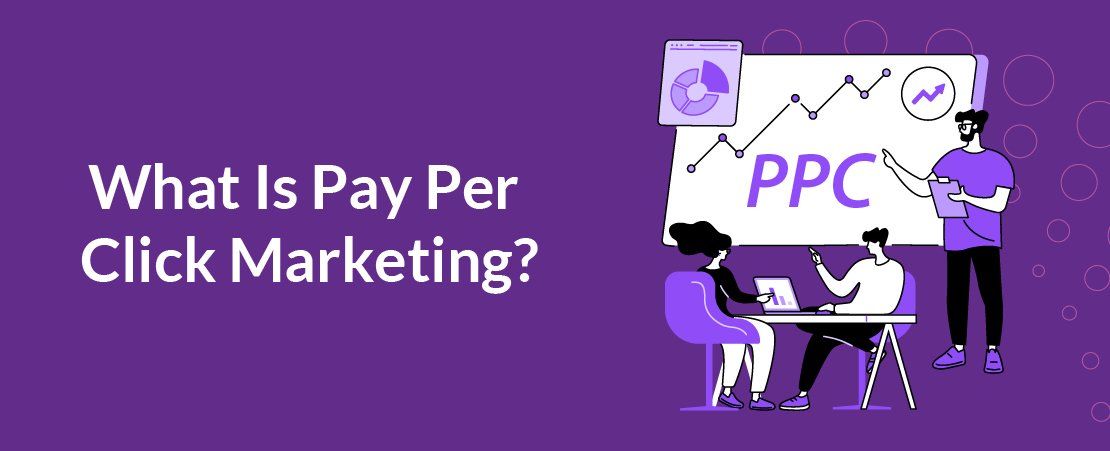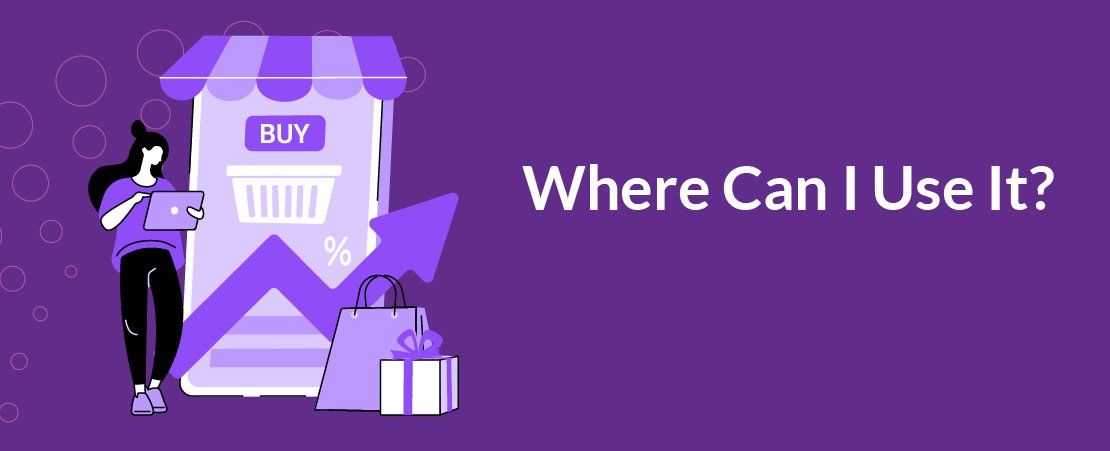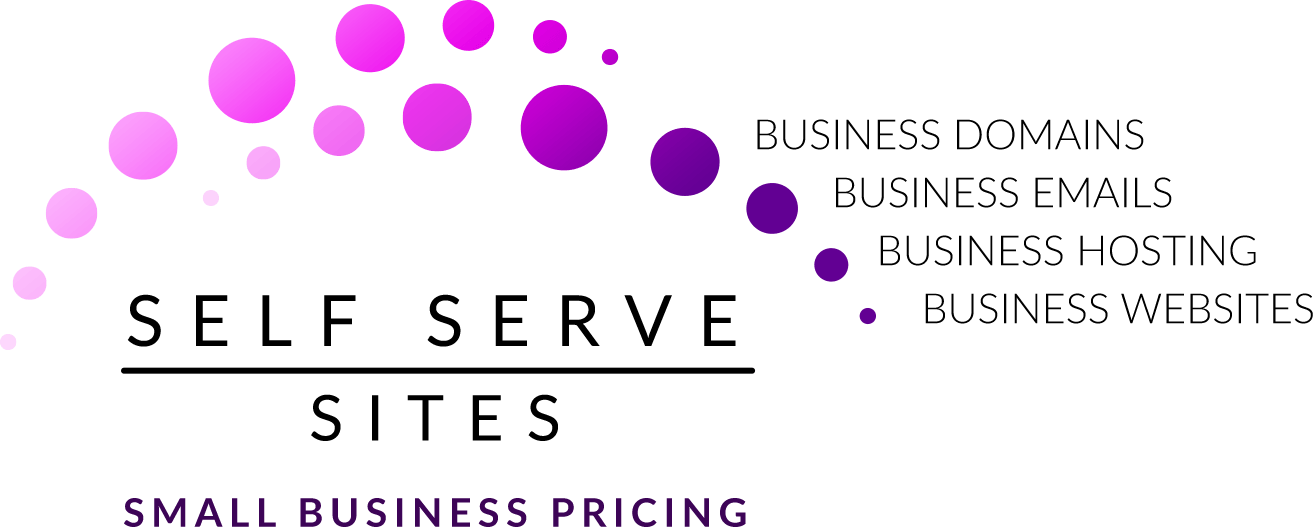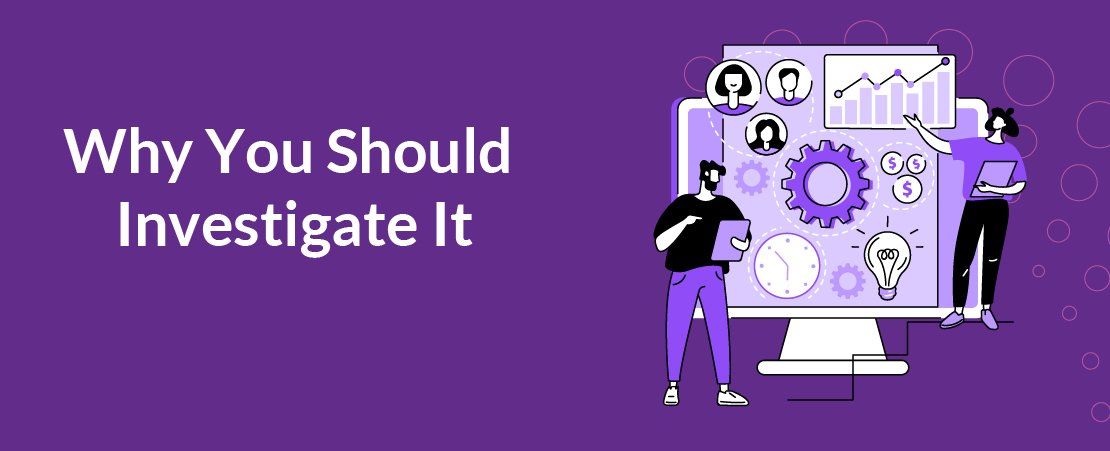What Pay Per Click Marketing Can Do For You
Get into a discussion about digital marketing and Pay Per Click is sure to come up eventually. You’ve probably had it recommended left and right, but why? Why does everyone bring it up so much? It’s because of the way it works, and what it can do for a Small Business with a limited budget.
If you’re not familiar with Pay Per Click Marketing, then allow us to explain.

What Is Pay Per Click Marketing?
One of the keys to what makes Pay Per Click (PPC) marketing special is right there in the name.
Traditional advertising and marketing campaigns require you to pay to run a series of ads, whether they’re billboards, website banners, or television commercials. Your ads are beamed out to whoever happens to see them, and cost the same amount of money no matter how many people are interested in them.
The results of these campaigns are obviously going to vary wildly depending on who sees them, how many people see them, and whether they’re even interested in what you’re selling to begin with. If someone sees your banner ad for horse riding supplies and doesn’t ride horses, that ad has zero chance of making back the money you spent on it.
Pay Per Click ads are different because they’re only presented to people who are already interested in what they’re promoting, and they only cost you money if viewers click through on the ad. Yes that’s right, you pay per click you receive. If your ad gets no response, it’s free.
The targeting of PPC ads works by having advertisers submit their ads along with an attached list of search terms they’d like them to appear in response to. A horse supply store would then match their ads to searches for bits, bridles, saddles, etc.
Alongside these terms will be details on how much they’re willing to pay for them, which becomes important when we get to the ad auction, the automated process whereby search engines determine which of several competing ads deserves to be displayed at the top of the search results, usually the top two or three. A number of factors are evaluated to determine the “quality” of an ad in relation to the search term it’s competing for, with the winning ads getting the spot.
Careful budgeting is required to make sure you’re not overpaying for clicks, but overall the PPC model is vastly more cost effective than traditional marketing campaigns.

Where Can I Use It?
There are two main places you can use Pay Per Click marketing, Social Media and search engines. Most Social Media platforms have their own proprietary system just for them, the exception being platforms like Facebook, whose PPC offering covers several platforms.
The biggest game in town though, is search engines, of which there’s really only two options to consider.
Formerly known as Google Adwords, Google Ads is the system that handles all of the PPC marketing that takes place on Google. This service is worth 30 billion dollars annually to its owners, a testament to the amount of traffic the world’s most popular search engine processes each year. Competition on this platform is fierce, you’ll need to be fastidious in your budgeting and creative in keyword selection if you want to succeed here.
Your other option is Microsoft Advertising, formerly known as Bing Ads. Boasting 700 million unique users across the world and serving up 10 billion searches a month, it’s not as big as Google, but still a sizable contender.
The secret to that reach is that you don’t get just one search engine from Microsoft. In addition to ads on Bing, this network also allows you to serve up your ads on Yahoo and MSN. It’s an option well worth considering.
Why You Should Investigate It
The biggest reason to consider PPC marketing is how efficient it allows you to be with your marketing budget, and how much more competitive it allows you to be against larger competitors with bigger budgets.
How much an advertiser is willing to pay for a click is a factor in determining if an ad wins an auction, but it’s not possible to simply inflate your budget and automatically win. The real competition is in convincing the algorithm that your ad is the best match, a process that while it is complicated, is also free.
Couple this with the fact that you only pay for your ads if they get a response, and that means you have a system that’s friendlier to low budget campaigns than most any other.
It also offers you the opportunity to increase the number of searches you appear in. If Customers search your business name, then they already know who you are. If they’re searching for more general terms however, they may not know you exist. Getting yourself in front of more people like that can do wonders for your Customer acquisition.
Pay Per Click Marketing is a lean, mean lead-generating machine, and any Small Business looking to acquire new Customers on a limited budget could do a lot worse than to invest in a PPC campaign.











